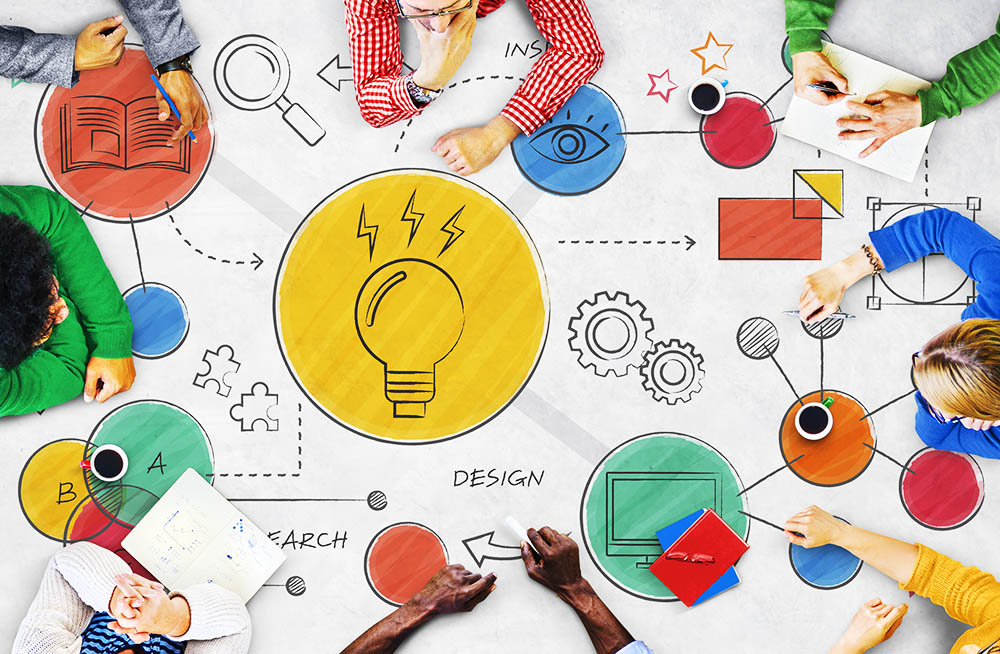Education is a fundamental aspect of human development. It is the gateway to success and progress, and the foundation upon which economies thrive. But a significant number of students in most parts of the world do not have access to quality education. The education system is fraught with challenges, which has resulted in inadequate learning outcomes, creating an alarming situation that not only affects students but also societies at large. Revolutionizing education is of the essence, and comprehensive reforms are urgently needed.
The Current State of Education
Statistics show that approximately 263 million children worldwide are not in school, and that’s not the only problem. Many who are in school are not learning. According to UNESCO, over 600 million students worldwide are not learning the basic skills they need to be successful in life. In the US, the high school dropout rate is around 6.5% and even for those who graduate, only 40% feel prepared for higher education or the workforce.
Lack of access to quality education is a common challenge for many students globally. This situation is mainly prevalent in low-income communities and developing countries. The lack of access to quality education is a result of inadequate financial resources and insufficient infrastructure. In many cases, teachers are not adequately trained to deliver quality education, and schools lack essential teaching resources.
In addition to this, the education system is also facing the challenge of an increasing gap between traditional learning methods and the evolving needs for modern-day learning. The system is still using outdated curricula that are not aligned with current technological advancements and innovation, an issue that requires immediate attention.
The Need for Comprehensive Education Reforms
Education is essential for economic development and social mobility, and it is important that the education system is aligned with modern-day demands. Comprehensive education reforms are necessary to address the challenges facing the education sector. The reforms aim to address issues such as access, quality, equity, and relevance, thus ensuring quality education to all.
The focus should be on creating an education system that is inclusive, where every child has access to a quality education that guarantees future success. The system should also prioritize the development of skills needed for the future workforce, such as critical thinking, creativity, problem-solving, and digital skills.
Educational reforms should also focus on aligning the curriculum with current technological advancements, fostering innovation and creativity. The modern-day education system should incorporate experiential learning, where students solve real-world problems, thus making them more adept and practical.
Reforms should also prioritize equipping teachers with the right training and resources to deliver quality education. The education sector should invest in teacher development programs, which include continuous training, networking, and mentorship programs, such initiatives will ensure that teachers are adequately equipped to deliver quality education, creating a more formidable education sector.
The Role of Technology in Education Reforms
Technology has become an inherent part of modern-day living, and its impact on education cannot be ignored. There is an increasing need to integrate technology in the education sector to revolutionize the learning process. Technology integration in the classroom allows students to learn at their own pace, retain information better, and make learning more engaging.
E-learning has become a vital tool in the education sector. It offers flexibility, creating opportunities for students to learn and upskill from anywhere in the world. Schools should incorporate e-learning as part of their curriculum, offering students access to online learning platforms and digital resources, creating an ideal learning ecosystem.
The education sector can also incorporate technology in assessments by using computer-based testing, artificial intelligence, and personalized learning. The technology will offer accurate, objective and instant feedback, making the assessment process efficient and more practical.
The Impact of Education Reforms
Comprehensive education reforms can have a ripple effect in modern society, impacting various aspects of life. Education helps to eliminate poverty, reduce crime rates, and create a more informed and engaged citizenry. Education is also vital for economic growth, as a well-educated workforce is more productive and can adapt to emerging markets.
Education reforms can increase enrollment rates and retention rates in schools, reducing the number of dropouts. It creates a more inclusive society, providing access to quality education for all. The reforms can also create a more skilled workforce, paving the way for innovation, creativity, and technological advancements.
The Path Forward
Revolutionizing education requires the collective effort of all sectors, including governments, civil society, and the private sector. Governments should prioritize education and increase investment in the sector. The private sector should contribute in education, promoting innovation and providing resources to schools consistent with the latest technological advancements.
The education sector should work towards promoting public-private partnership initiatives that foster innovation in education, thus creating a more vibrant and sustainable education ecosystem.
Educational reforms can be a daunting task, but they are essential for creating a better future for our children. It requires resilience, commitment, and strategic planning. By working together, we can revolutionize the education system, guaranteeing access to quality learning for all.
Summary
The education system is facing many challenges globally, creating an alarming situation that requires immediate attention. Lack of access to quality education, outdated curriculum, and an increasing gap between traditional learning methods and the evolving needs for modern-day learning are some of the challenges facing the education sector.
Comprehensive education reforms are necessary to address these challenges, ensuring access, quality, equity, and relevance for all. Integrating technology in the classroom, investing in teacher development programs, and promoting public-private partnership initiatives are some of the ways to achieve this goal.
Revolutionizing education requires the collective effort of all sectors and should be a priority for governments, private sector, and civil society. The impact of education reforms can transform modern society, creating a more informed, inclusive, and dynamic workforce that guarantees sustainable economic growth and social mobility.
